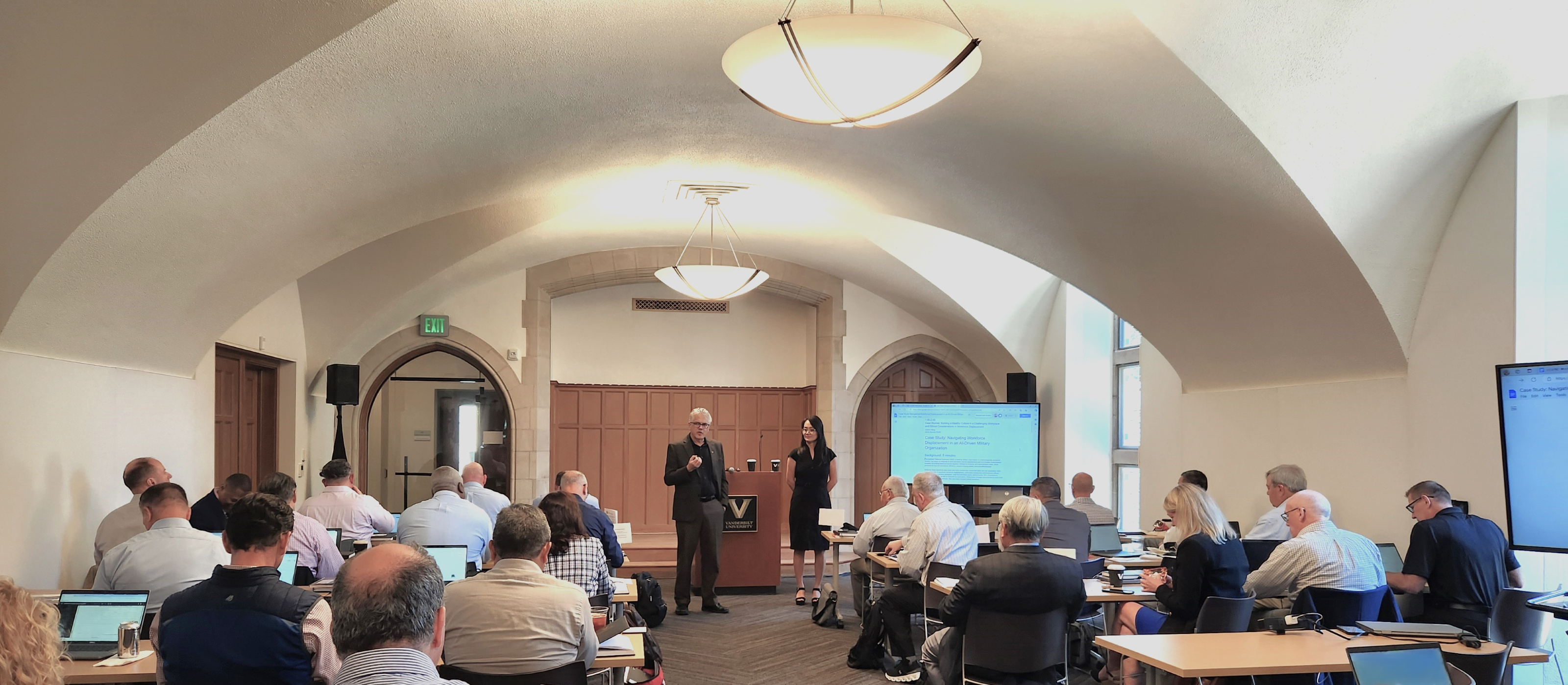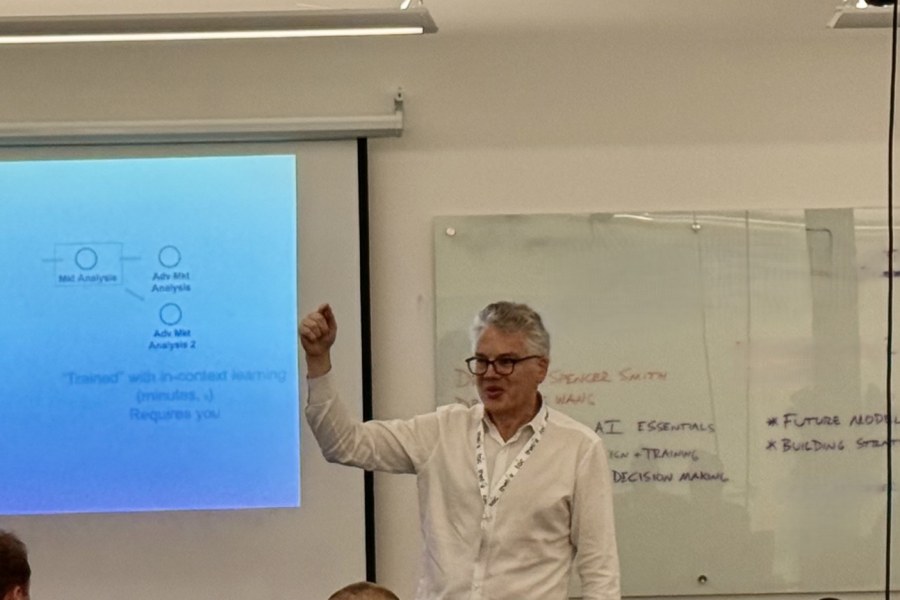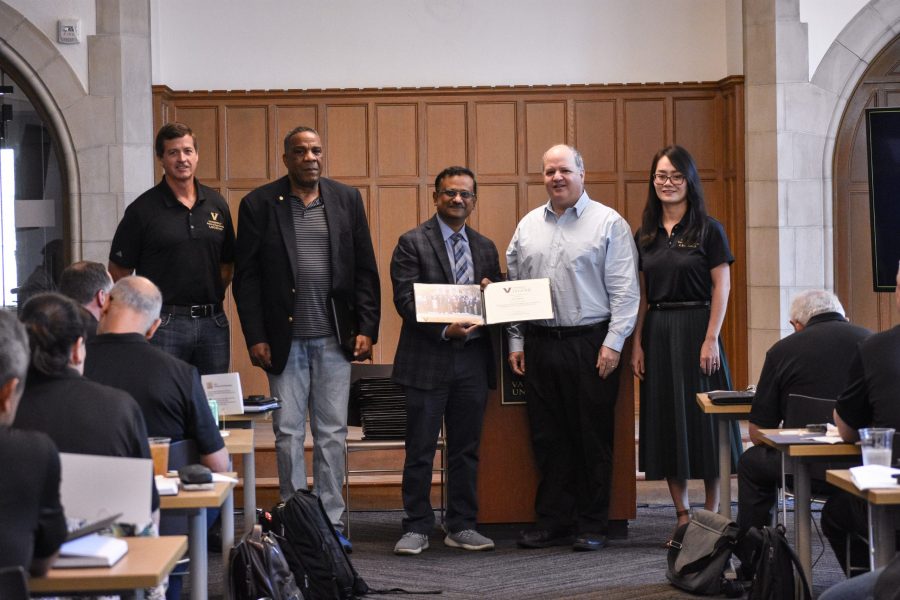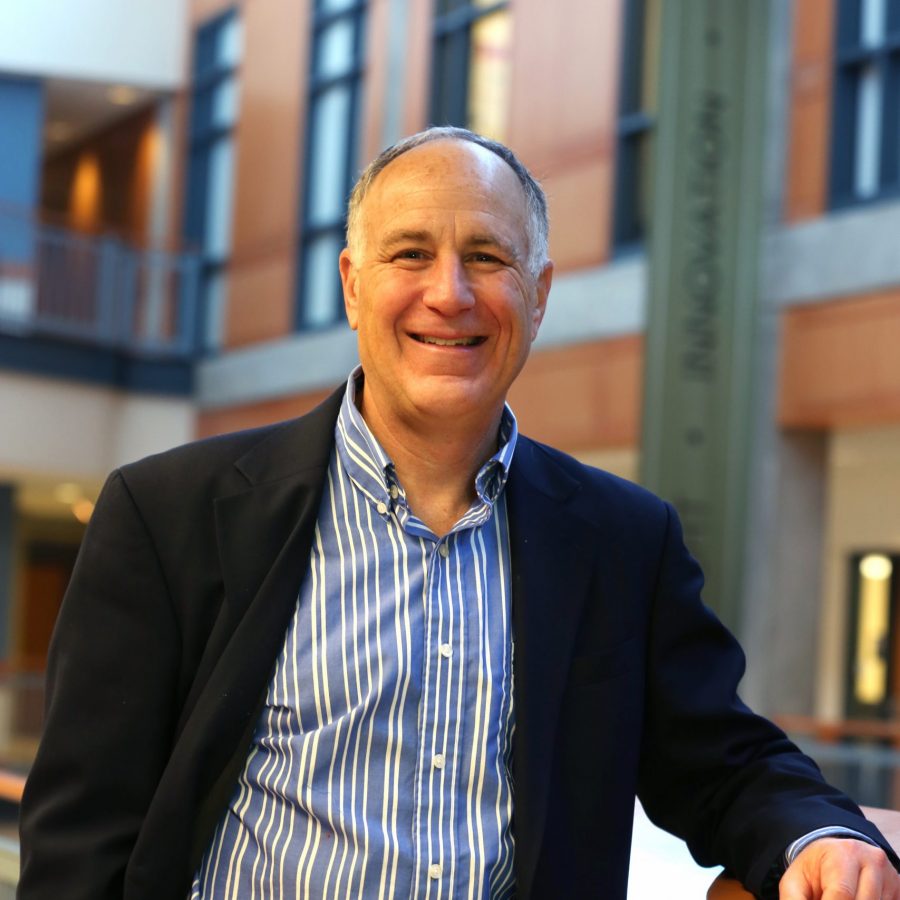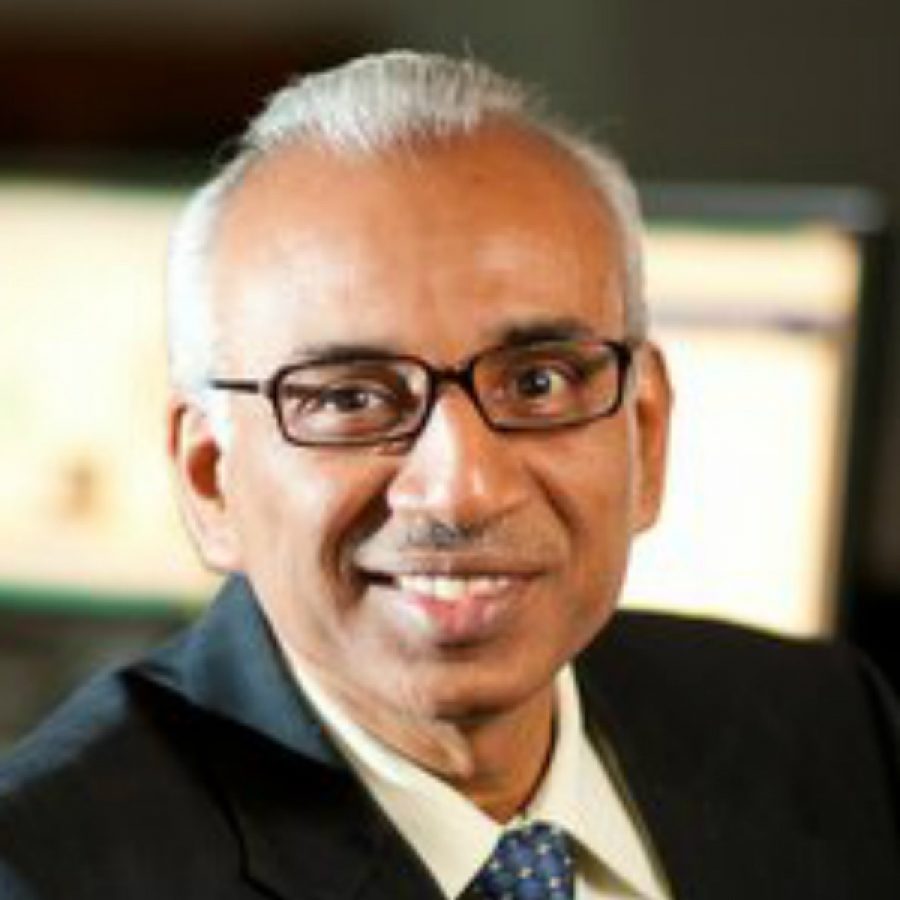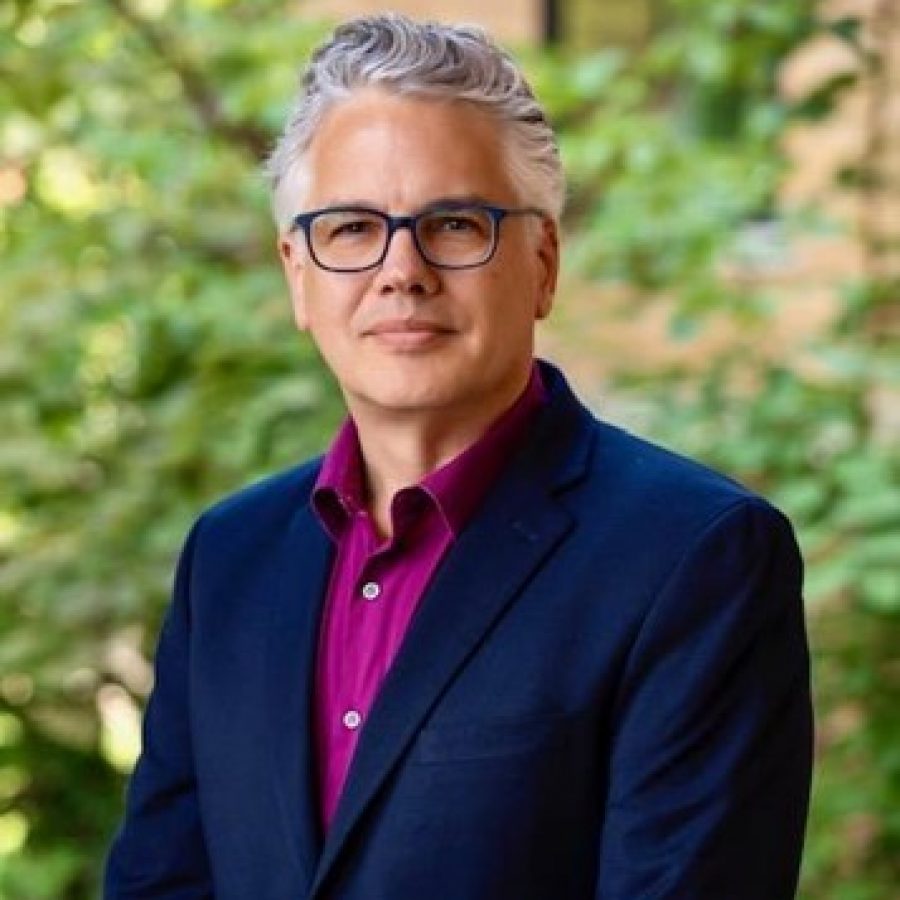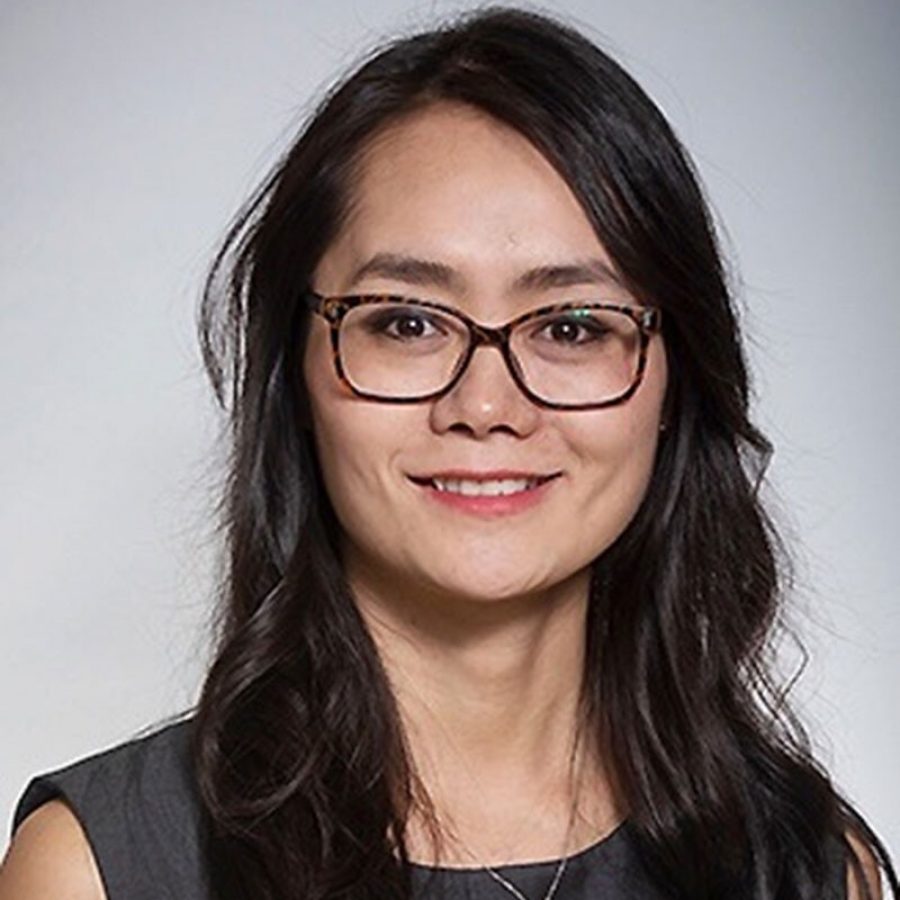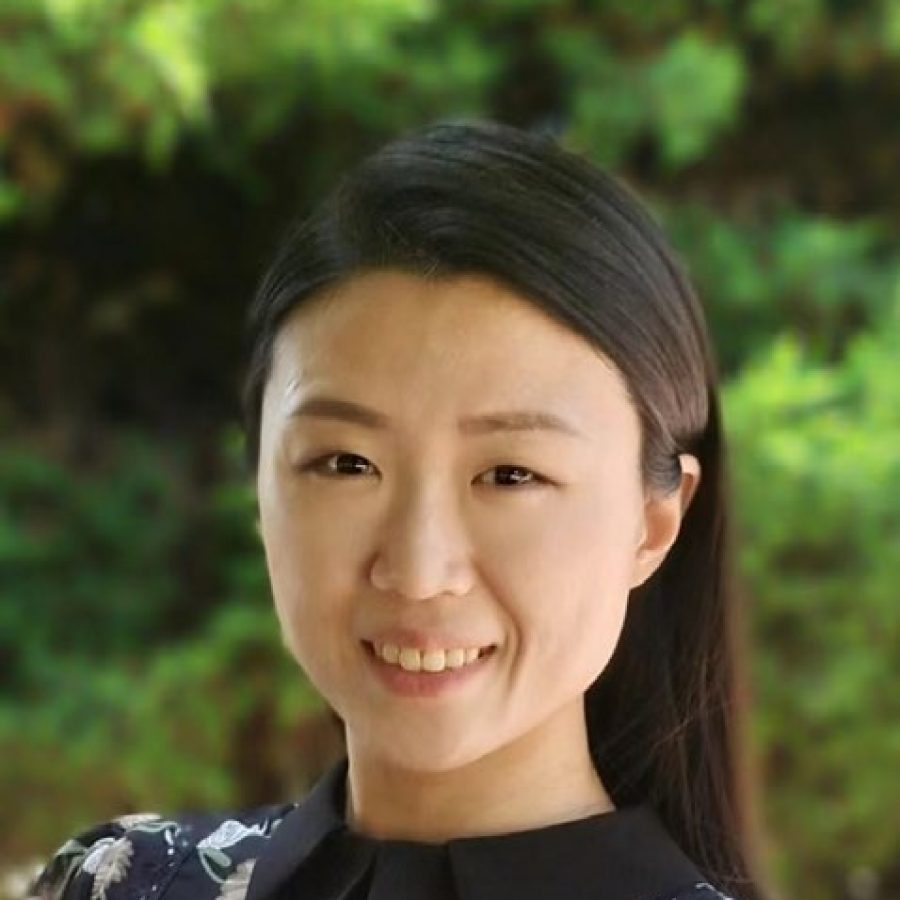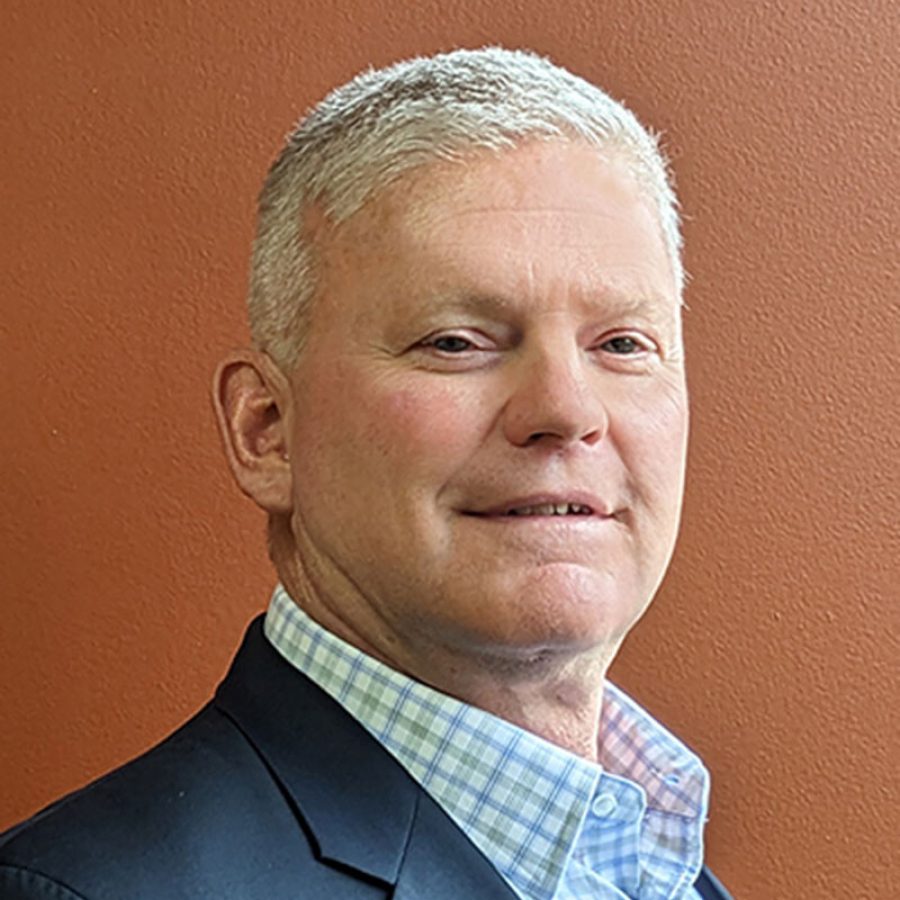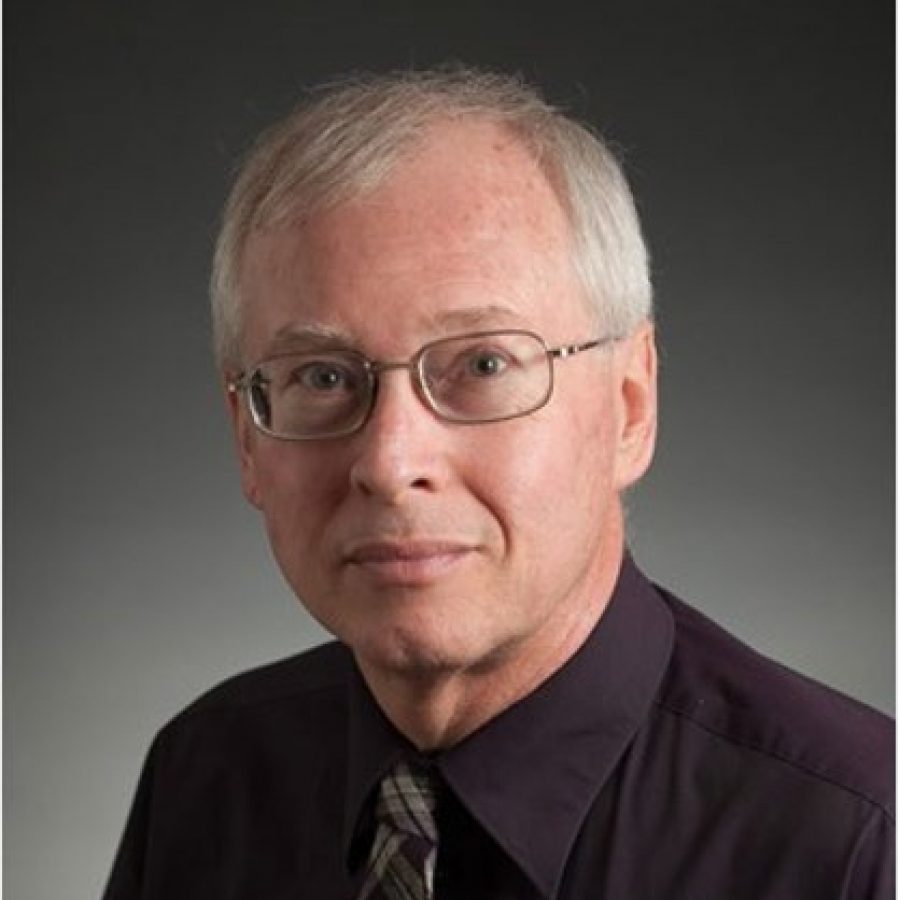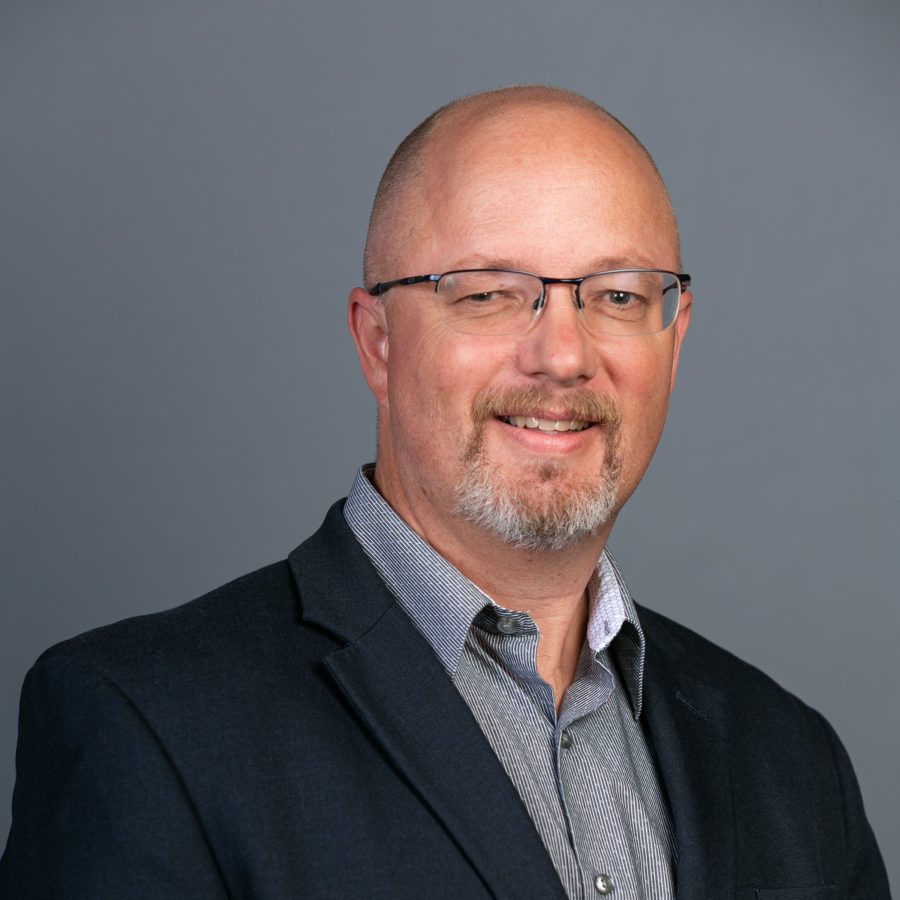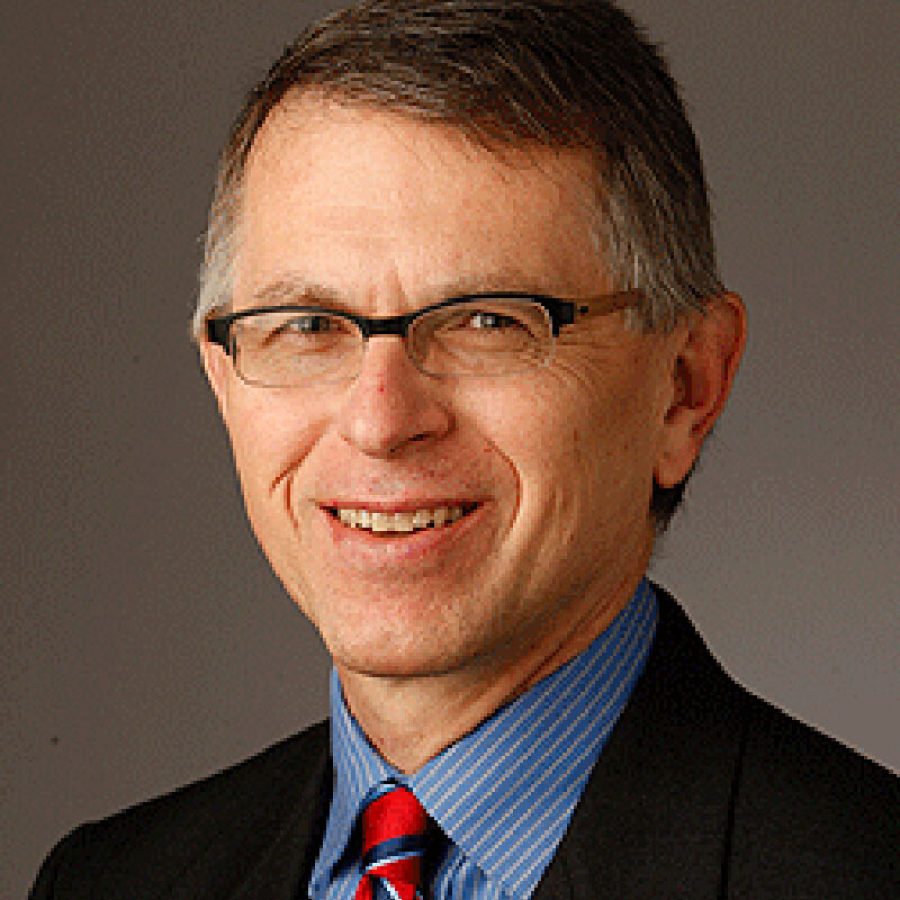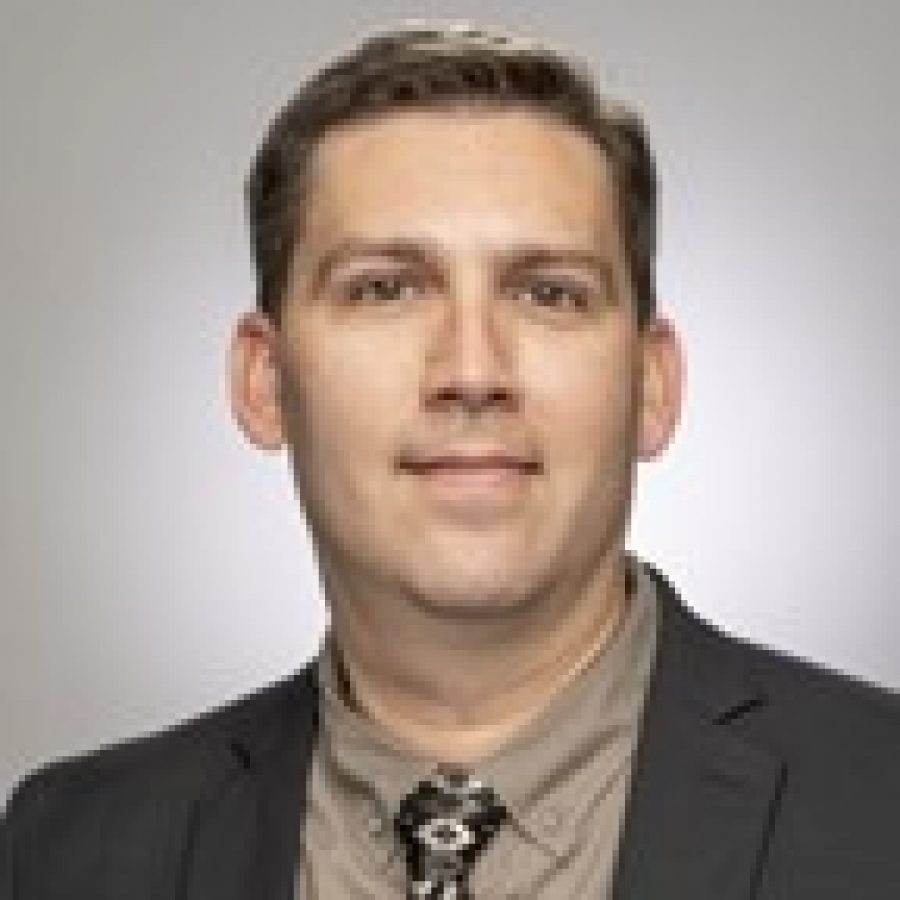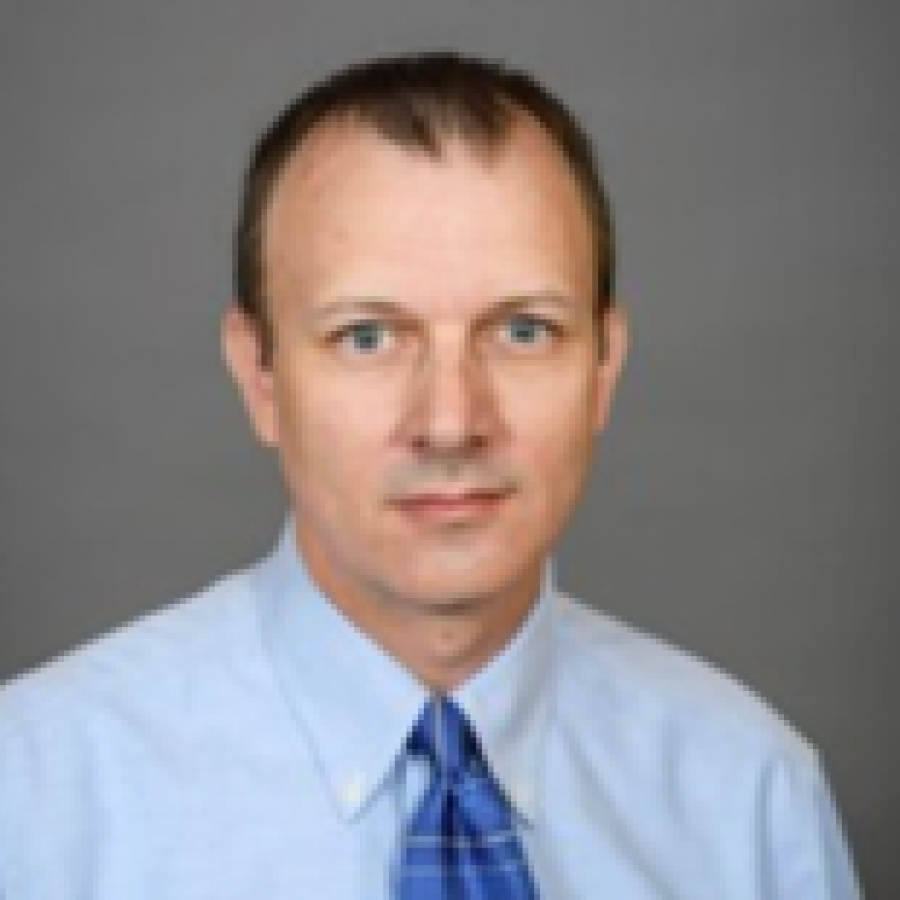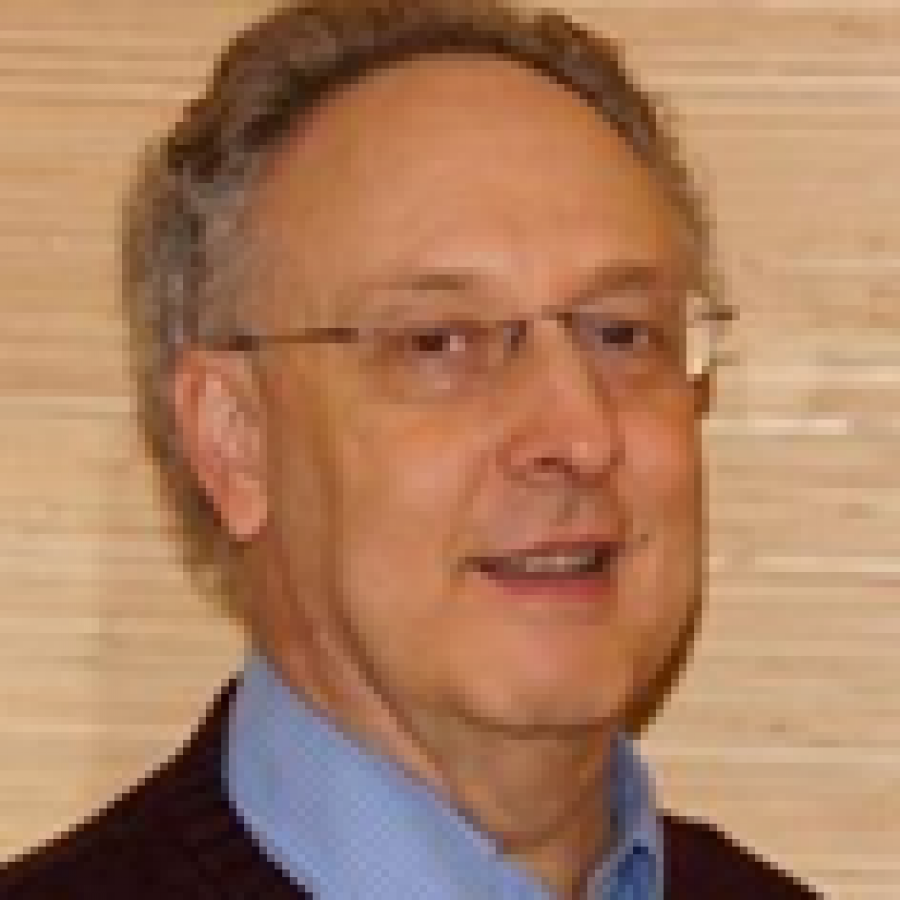44% of workers' core skills are expected to change in the next 5 years.
Featured Programs
Navigating the Future of Work
Data Science and Analytics
A fully customizable program designed to meet your organization's unique needs, whether your team is new to data analytics or experienced professionals. This course covers essential technologies and methodologies used in data science, offering a strong foundation in computing and computational thinking. Participants will explore fundamental programming concepts required for executing data science projects, including designing, debugging, and running Python programs with its powerful tools and libraries. Additionally, the program delves into constructing predictive models and guides learners through the entire lifecycle of machine learning projects, emphasizing best practices for success in this field.
Radiation Effects in Electronics
This program covers a broad range of topics. Understand the foundational mechanisms and terminology associated with various types of radiation effects in electronic devices, the preparation of single event data for reliability estimation, CREME 96, radiation induced failures of semiconductor power devices, radiation enabled modeling and simulation, single event response and testing, the natural space radiation environment, and spacecraft charging.
Custom Programs
Looking for something unique? We specialize in designing custom programs tailored specifically to meet your organization’s needs.
With expertise spanning a wide range of cutting-edge topics, our custom solutions ensure you stay ahead in an ever-evolving landscape. Here are just a few areas where we excel:
Application of Artificial Intelligence
Data Science
Electronics and Space Systems
Emerging Technologies and Cyber-Physical Systems
Leadership and Strategic Management
Our expert-led programs are designed to align with your goals and deliver lasting impact. Let's collaborate to create solutions that drive success.
To ensure successful deployment at a company level, business leaders can embrace four priorities: understand the potential, plan a strategic workforce shift, prioritize people development, and pursue the executive-education journey on automation technologies.
Meet the Program Faculty
Leading with AI
Data Science and Analytics
Radiation Effects in Electronics
